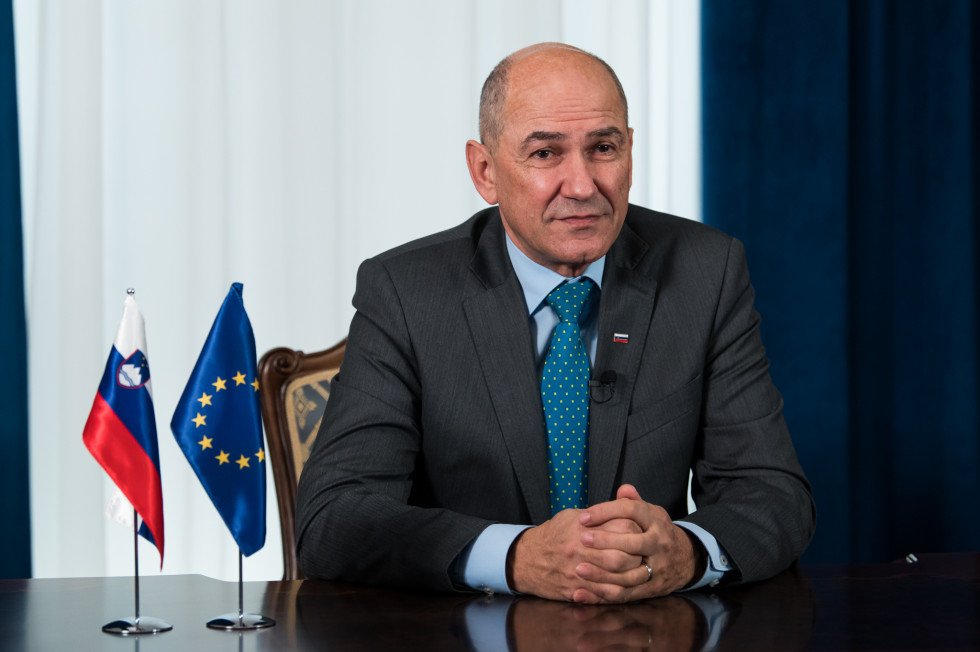“With its policies, the current government has put Slovenia on the list of the most successful countries – economically, in terms of sports, and internationally. It is not clear to me why the voters would want to stop this rise with the election of Golob or Fajon. What do they even have? Who are they anyway? I don’t get it,” Vid Mlakar, a molecular biology expert at the University of Geneva, wondered on Twitter.
If you are wondering why Slovenia did not become the second Switzerland, as we dreamed at the time when we gained our independence, remember who ruled us for most of our transition period. The left. The left, which never used its time in the government for progress and development. Therefore, in a mere 30 years, the other countries from the Eastern bloc caught up to us and even overtook us, as the transitional left is not powerful enough.
The only development breakthroughs in Slovenia happened during the interim reigns of Janša’s governments, which often ended prematurely or were unable to continue in a new mandate due to the informal networks that control the media. Namely, history is once again repeating itself before this year’s election, too, with the angry attacks of the left and the new “new face” – all with the intention of preventing Janša from getting another mandate in which some development could happen. Higher salaries and pensions, de-bureaucratisation, a favourable business, health and education environment mean nothing to the leftists. They just want power and their privileges. That is also the reason for the notable involvement of non-governmental organisations in the pre-election period, who do not want to give up their millions for the retirees with low pensions.
Why stop the rise with the election of Golob or Fajon?
Vid Mlakar, a scientist who works at the University of Geneva, also shared his views from Switzerland, on the political situation in Slovenia, on Twitter. Mlakar pointed out that the current government, with its policies, has put Slovenia on the list of the most successful countries – in terms of the economy, sports, and internationally. “It is not clear to me why the voters would want to stop this rise with the election of Golob (the new face of the left) or Fajon (the president of the Social Democrats). What do they even have? Who are they anyway? I don’t get it.” In addition to already seeing what they have done in the past, we also know that they do not bring anything good for the future of Slovenia. Their vision is to return to the past. Mlakar also pointed out that in Switzerland, people talk about money and speak with reason, while in Slovenia, people are still talking about fascism.
Sara Kovač


